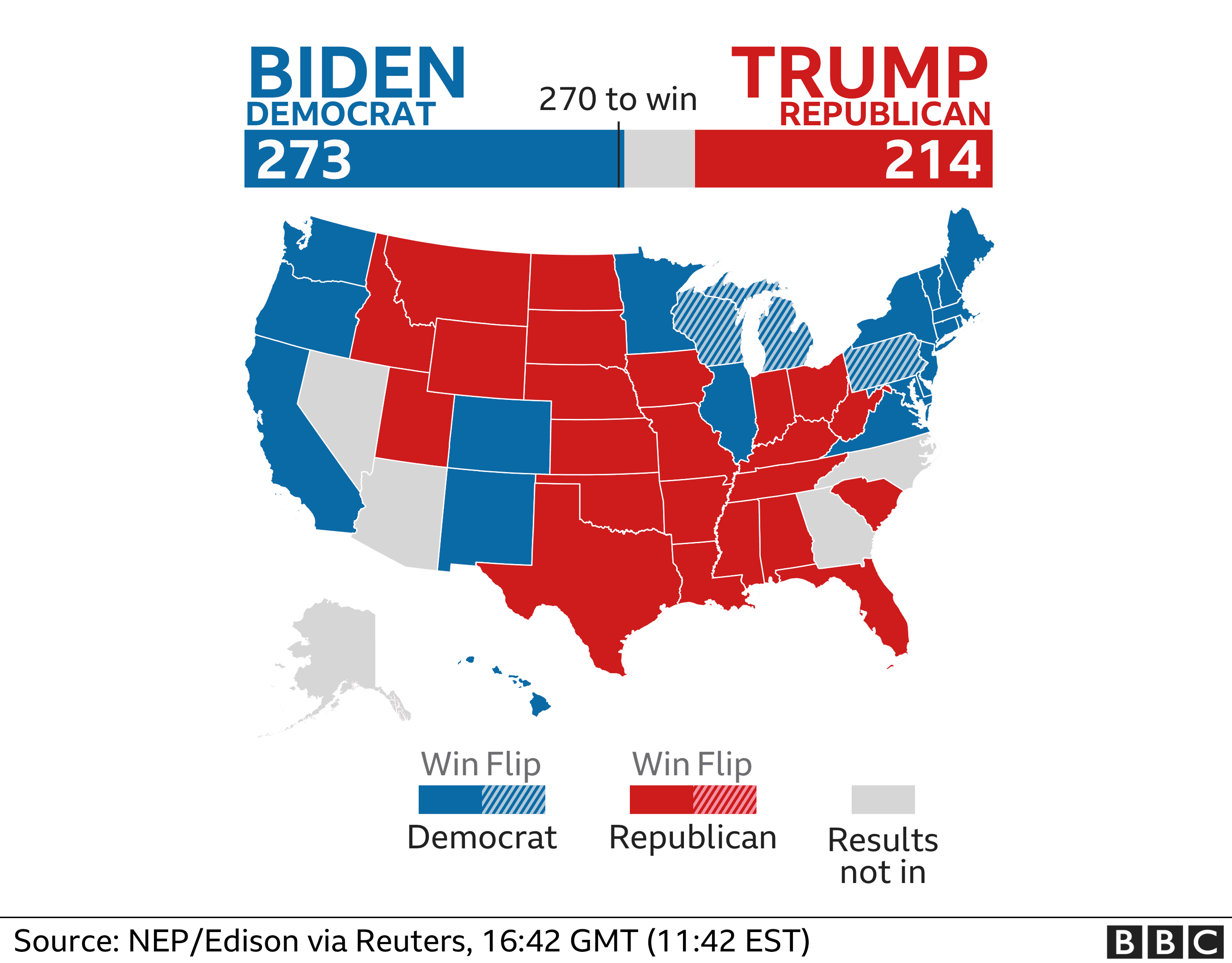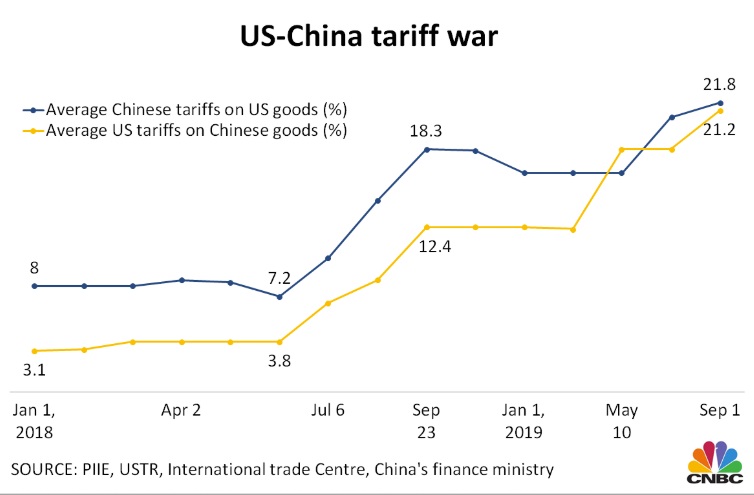Securing Elections: The Robustness Of The Poll Data System

Table of Contents
Data Encryption and Transmission Security
Protecting poll data requires robust encryption and secure transmission methods. This involves safeguarding sensitive information both during transit and while at rest.
Encryption Protocols
Several encryption methods are vital for protecting poll data. Strong encryption ensures that even if data is intercepted, it remains unreadable without the correct decryption key.
- End-to-end encryption: This is crucial. It ensures only authorized parties (the sender and receiver) can access the data, protecting against unauthorized access at any point in the transmission process.
- Secure communication protocols: HTTPS and TLS are essential protocols for securing communication channels. They use encryption to protect data transmitted between servers and clients, preventing eavesdropping and tampering.
- AES-256 encryption: The Advanced Encryption Standard with a 256-bit key is a widely-accepted and highly secure encryption algorithm ideal for protecting sensitive poll data. It offers a very high level of protection against brute-force attacks. These protocols safeguard against man-in-the-middle attacks, where malicious actors intercept and manipulate data during transmission.
Secure Data Centers and Infrastructure
The physical security of data centers housing poll data systems is paramount. Robust physical security measures are crucial to preventing unauthorized physical access to servers and equipment.
- Physical access controls: Biometric authentication (fingerprint, iris scan), access card systems, and video surveillance are essential for limiting physical access to authorized personnel only. Multi-factor authentication adds an extra layer of security.
- Redundancy and disaster recovery planning: Data centers must have redundant systems and backup power sources to ensure continuous operation and data availability in case of power outages or natural disasters. Off-site backups are critical for business continuity.
- Environmental controls: Maintaining optimal temperature and humidity levels within the data center is crucial for preventing equipment failure and data loss. This includes fire suppression systems and other environmental safeguards. This ensures data integrity even in the face of unforeseen circumstances.
Voter Authentication and Verification
Accurate and secure voter authentication is critical to prevent voter fraud and ensure the integrity of the election results.
Biometric Authentication
Biometric authentication offers a high level of security by using unique biological characteristics to verify voter identity.
- Fingerprint scanning: A cost-effective and widely used biometric method.
- Iris scanning: Offers high accuracy and resistance to spoofing.
- Facial recognition: While convenient, it's susceptible to spoofing and requires careful consideration of privacy implications.
- However, challenges include the need for accurate and reliable biometric data capturing equipment, and ensuring data privacy. Concerns about data breaches and misuse of biometric data must be addressed through stringent data protection policies.
Digital Signatures and Blockchain Technology
Digital signatures and blockchain technology provide enhanced security and transparency in ballot tracking and verification.
- Digital signatures: These verify the authenticity and integrity of ballots, ensuring they haven't been tampered with.
- Blockchain technology: Offers a transparent, immutable record of all ballots cast, making it extremely difficult to alter or manipulate election results. This enhances auditability and builds trust in the election process. It fosters transparency and accountability in the election process.
Access Control and User Management
Restricting access to poll data is vital to prevent unauthorized modification or disclosure.
Role-Based Access Control (RBAC)
RBAC is crucial for managing access permissions based on user roles and responsibilities.
- Granular access control: RBAC allows assigning specific permissions to different user roles, limiting access to only the necessary data.
- Regular audits and access logs: Tracking user activity and access logs allows for detecting and investigating potential security breaches. Regular audits are crucial for maintaining a secure system.
- RBAC ensures that only authorized individuals can access sensitive poll data, preventing unauthorized access and data modification. This contributes significantly to data integrity and system security.
Regular Security Audits and Penetration Testing
Proactive security measures are essential for identifying and mitigating potential vulnerabilities.
- Vulnerability assessments: Regular scans identify potential weaknesses in the system's security posture.
- Penetration testing: Simulates real-world attacks to evaluate the system's resilience to security breaches.
- Independent third-party audits: Regular audits by independent security experts provide an objective assessment of the system's security. These measures help to proactively address security risks and maintain a high level of system security.
Conclusion
Securing the poll data system is paramount for ensuring fair and credible elections. By implementing robust security measures, including strong encryption, secure voter authentication, and stringent access controls, we can significantly enhance the integrity of the election process and maintain public trust. Regular audits and proactive security testing are vital for identifying and addressing vulnerabilities in the poll data system. Investing in a robust and secure poll data system is an investment in the future of our democracy. Learn more about strengthening the security of your poll data system and explore further solutions for enhanced election security.

Featured Posts
-
 Ftcs Appeal Of Microsoft Activision Merger A Deep Dive
May 02, 2025
Ftcs Appeal Of Microsoft Activision Merger A Deep Dive
May 02, 2025 -
 Airbus And Us Airlines The Tariff Dispute Explained
May 02, 2025
Airbus And Us Airlines The Tariff Dispute Explained
May 02, 2025 -
 Kampen Start Kort Geding Tegen Enexis Voor Stroomaansluiting
May 02, 2025
Kampen Start Kort Geding Tegen Enexis Voor Stroomaansluiting
May 02, 2025 -
 Daisy May Cooper Confirms Engagement Details On Her Relationship With Anthony Huggins
May 02, 2025
Daisy May Cooper Confirms Engagement Details On Her Relationship With Anthony Huggins
May 02, 2025 -
 Smart Ring For Fidelity Hype Or Helpful Technology
May 02, 2025
Smart Ring For Fidelity Hype Or Helpful Technology
May 02, 2025
Latest Posts
-
 Benson Boone On Comparisons To Harry Styles A Direct Response
May 10, 2025
Benson Boone On Comparisons To Harry Styles A Direct Response
May 10, 2025 -
 Benson Boone Responds To Harry Styles Copying Accusations
May 10, 2025
Benson Boone Responds To Harry Styles Copying Accusations
May 10, 2025 -
 How Harry Styles Reacted To A Hilariously Bad Snl Impression
May 10, 2025
How Harry Styles Reacted To A Hilariously Bad Snl Impression
May 10, 2025 -
 Harry Styles On That Awful Snl Impression His Honest Response
May 10, 2025
Harry Styles On That Awful Snl Impression His Honest Response
May 10, 2025 -
 Harry Styles Snl Impression The Reaction That Broke The Internet
May 10, 2025
Harry Styles Snl Impression The Reaction That Broke The Internet
May 10, 2025
